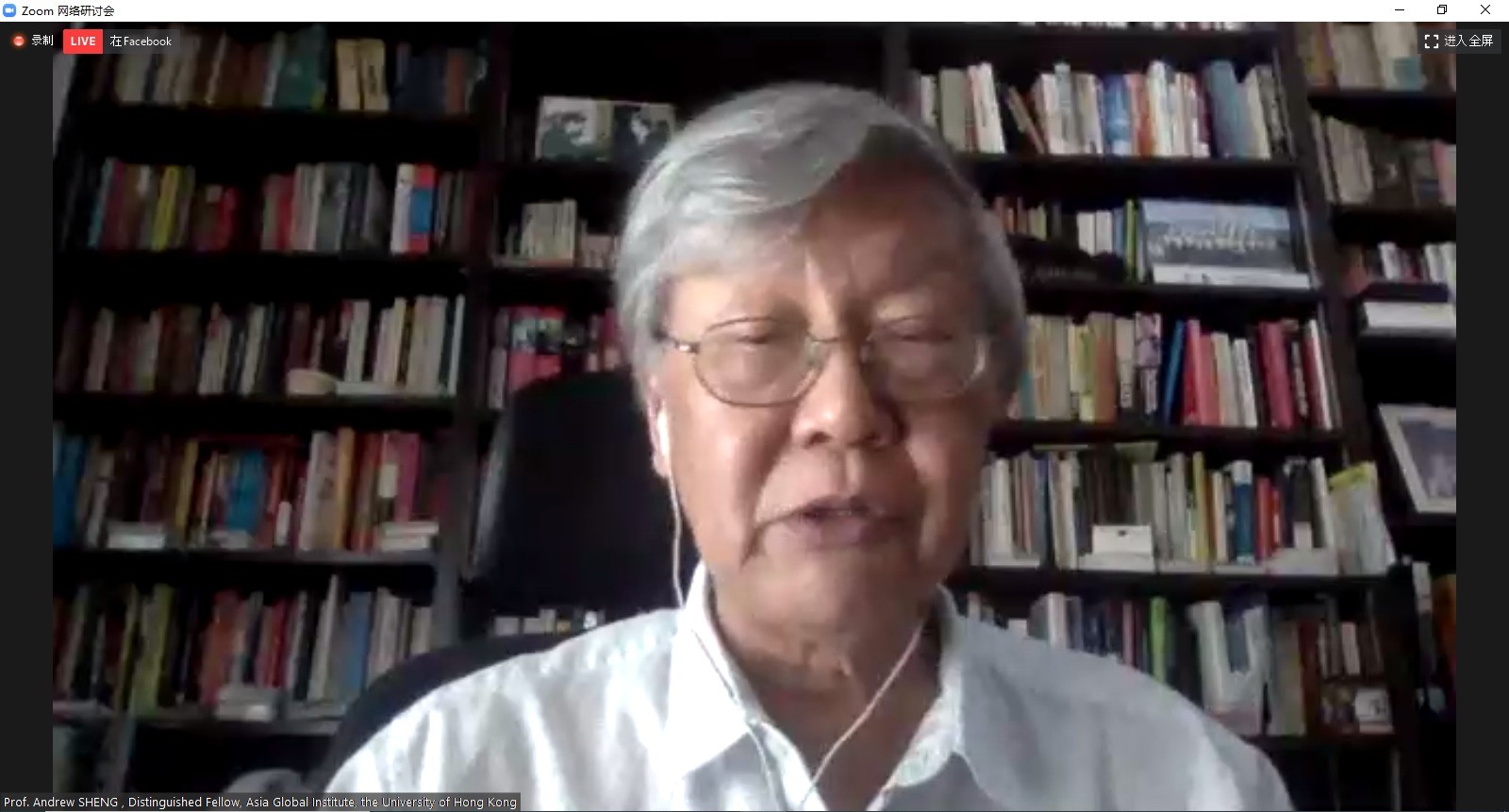2020-07-15

How to revitalize the post-COVID-19 Economy? Countries across Europe and Asia are planning to reopen their borders for intercity travel to stimulate economic recovery. Under a “fast lane” arrangement, people from Singapore and six provinces of China can make essential business or official trips without being subjected to a mandatory 14-day quarantine. With the progress of reopening the major economies hinging on the global public health situation, how can policymakers and different business sectors prepare well for a post-COVID-19 world? To understand the keys to reviving the flagging economy, China Daily Asia Leadership Roundtable invited Prof Andrew SHENG, distinguished fellow with Asia Global Institute, the University of Hong Kong, to present a keynote speech on “For-Active Policies to Help Re-Open COVID Economies”. Here are some of his key points: COVID-19 is “the worst pandemic since the Spanish flu”, causing massive unemployment, huge government deficits and a decline in global production. Andrew SHENG: The pandemic will be longer, deeper and more painful than anything we have seen for 100 years apart from the world wars. It leads to a rather unusual situation where there is no theory to guide us. This is something completely out of the textbook. Poverty will rise because the poorest are the worst affected group. What is your political forecast for the post-COVID-19 world? Andrew SHENG: Geopolitically and domestically, politics will become pretty complicated for at least the coming two or three years due to a huge trauma and an awful lot of emotions, anger and protests that may result in growing populism, border conflicts and national security fears. Each country will have vastly different priorities due to their own vested interests. Andrew SHENG: A lot of reforms in the United States, for instance, will depend very much on the November elections. In sharp contrast, what is widely reported but not quite understood is the annual government work report rolled out in April this year where Chinese policymakers created a people-based plan in their quest for financial stability and innovation through technology to help people become richer, healthier and happier. There is a need for policymakers to look at the whole picture concerning the post-COVID economy. Andrew SHENG: What we’ve missed out completely is the structural reform. Everybody is pointing at each other and blaming each other with very little discussion about the course we should follow to move toward a resilient, robust, green, more equal and harmonious society in the post-pandemic era. Creativity and cooperation is the key to pandemic recovery. Andrew SHENG: The fact is: 90 percent of the existing policy thinking is still not out of the box. Only those who think out of the box will be the winners. We really need to rethink what doesn’t work in the old model and what proves to work in the new model. We need to stop playing politics and fighting each other. Those who keep on trying not to cooperate will end up being marginalized.